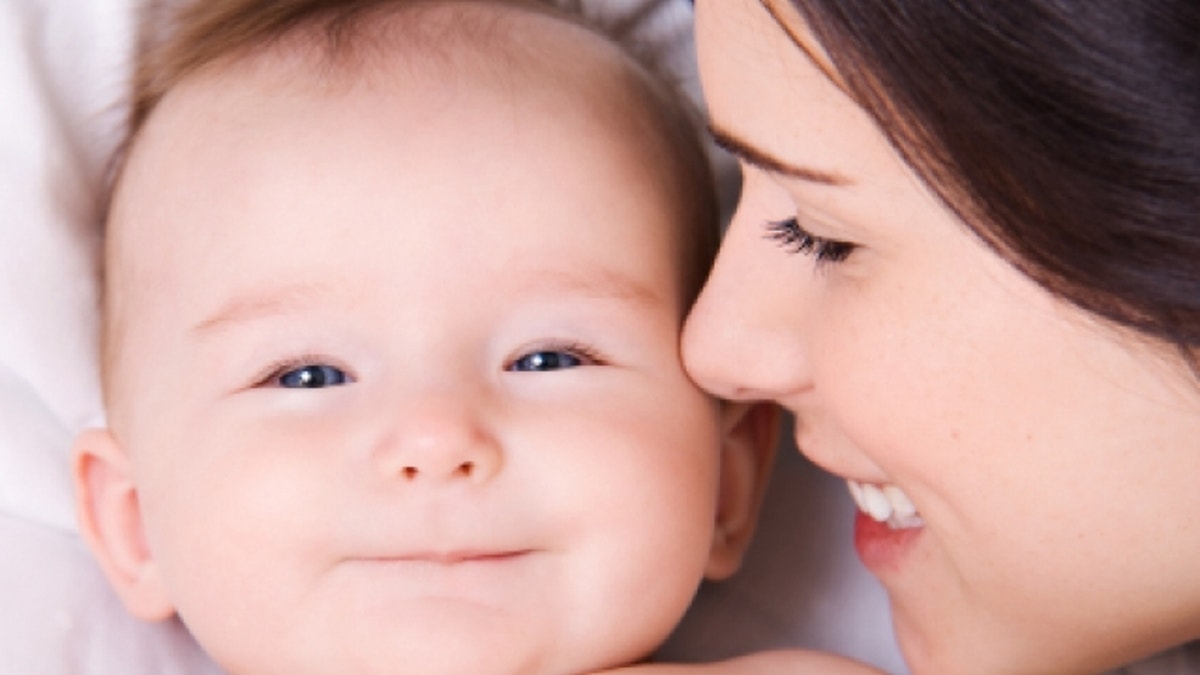
For many women, motherhood can be overwhelming. The new responsibilities coupled with hormonal changes can be especially hard on first-time mothers.
Many mothers typically experience ‘baby blues’ while adjusting to their new roles, but the rates of mothers experiencing postpartum depression within the first six weeks after delivery are rising.
Symptoms typically include sadness, anxiety, compulsive thinking, fear and feelings of inadequacy.
Postpartum depression affects not only the mother, but the infant as well, placing them at risk for developmental difficulties in social, emotional and cognitive areas.
According to the Journal of Obstetric, Gynecological, and Neonatal Nursing, skin-to-skin contact between the mother and infant may be an alternative therapy for mothers trying to avoid medication.
Mothers who provided six hours of skin-to-skin contact in the first week followed by at least two hours for the next month reported fewer depressive symptoms and saliva samples revealed lower cortisol levels than their counterparts.
For an infant, skin-to-skin contact helps satisfy the need for human contact and helps promote bonding. It releases oxytocin in the mother, which aids infant/mother attachment and increases the feeling of well-being and relaxation.
A study in the journal Pediatrics found that skin-to-skin contact for even three hours a day reduced infant crying by 43 percent. That can lead to significantly less stress for a mother who is otherwise uncertain about how to calm her crying infant. It has also been shown that these infants fall asleep more easily and sleep longer allowing the new mother to get more rest, and further reduce stress levels.
Many mothers feel overwhelmed at not being able to do formerly simple tasks. Wearing an infant in a baby carrier satisfies the need for skin-to-skin contact while letting mom have two free arms to make a snack or put on some makeup. Being able to do these simple things can help an overwhelmed mother adjust to her new life by keeping some of her former routine the same and feel more like herself.
Exercise can also play an integral part in helping to reduce postpartum depression and anxiety. This happens through the release of neurotransmitters and endorphins, which help us feel good, a reduction of immune system chemicals that can worsen depression and an increase in body temperature which can create a calming effect.
